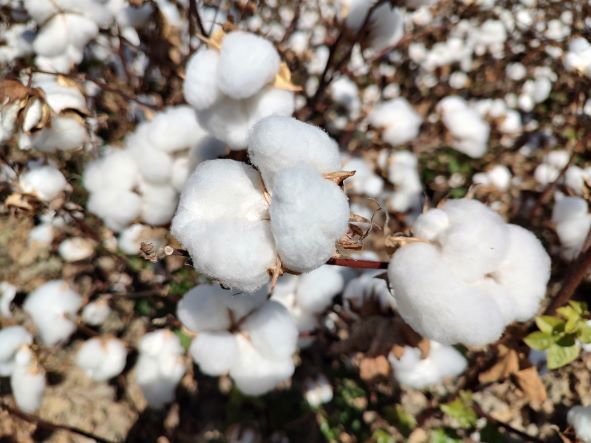Head of the Class
Jeans are a special focus of a program started in 2005 at the Fashion Institute of Technology (FIT) in New York City. With the support of Cotton Incorporated, the Textile Development and Marketing Department originated a unique 13 week course that gave students experience in every phrase from designing jeans to fabric development to production to marketing strategy. Since that initial class, in excess of 200 students have participated, and there are 46 students enrolled in the jeans development course that began February 1st and will end May 5th.
“There are two sections – one for day students and one for evening students,” explains Dr. Jeffrey Silberman, chairperson of the Textile Development and Marketing Department. “Each class will design jeans for both men and women as a group project. The students break into units – design, fabric development, type of fit, trimmings, production, marketing strategy – very much like a business would operate.”
Silberman, who is also executive director of the International Forum for Cotton Promotion (IFCP), admits that the jeans developed in 2005 were “pretty awful,” but the knowledge the students gained was invaluable. “They could avail themselves of the resources of Cotton Incorporated and other organizations for assistance on color trends forecasting, fabric development and technological innovations. They became acquainted with people from all segments of the industry.
“Most of our students have gone on to work in fabric development,” Silberman says. “When someone from Cotton Incorporated and the other organizations they worked with comes to call, it’s like they greeting an old friend.”
For example, those jeans produced by the first class were made from U.S. and Australian cotton, spun and woven in Thailand, and washed in Los Angeles. Following classes have worked with cotton from India and Morocco. Fabric for the current class is being sourced from American Cotton Growers in Littlefield, Texas USA.
“From IFCP’s standpoint we don’t care where the cotton is grown or if it’s long staple or short staple. We like organic, we like conventional, we like BT cotton. What we don’t like is polyester,” Silverman says emphatically.
Named Executive Director of IFCP in 2003, he sees the jeans course as a way to teach students how to work with cotton and to take advantages of the resources available through Cotton International’s various support programs. Six classes later, he’s very enthused about the future. “Our program is one that can be replicated around the world. We’re currently talking with schools in India and several other countries. Anyone interested can view videotapes from the various classes by clicking on http://laiacabrera.com/FITdenim.html.
“By focusing efforts on today’s students who study fabric development and later become product managers, we are actually creating future customers who can and do influence today’s cotton market share.”
Jeans will continue to be a giant consumer of cotton, he believes. The market for premium jeans in the US$150 to US$200 price range has leveled off, but is very strong in the US$80-$85 range. World demand, Silberman believes, is just beginning and will grow as more casual business attire is accepted.
In his dual role of chairperson of FIT’s Textile Development and Marketing Department and executive director of IFCP, that’s a prediction he greets with unbridled enthusiasm.








